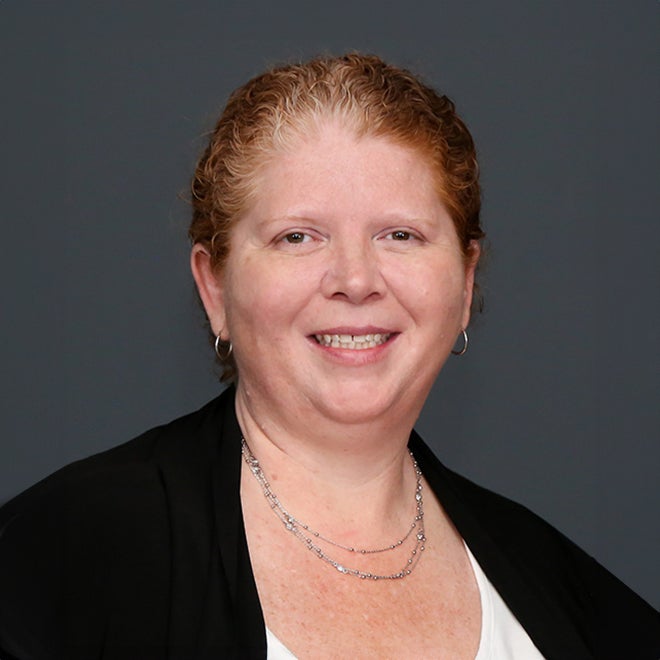SHARS Program Facing Numerous Challenges
Texas public schools face many challenges and changes that are sweeping across the school Medicaid/School Health and Related Services program. Recent shifts have led to a significant upheaval in funding and operational frameworks, leaving many in our educational community searching for clarity and stability. Advocacy will play a pivotal role in overcoming these challenges.
Changes and Immediate Impact
Recent modifications to the SHARS program have led to a $400 million funding reduction. Districts were given minimal notice to accept their settlement offer (reduction) or appeal through an informal review, a process further complicated by end-of-year school holiday break in December.
It is expected that more than 50% of districts across the state have challenged their settlement offers for various reasons, including the monumental changes to the RMTS rates. The Texas Health and Human Services Commission has initiated the review of these appeals, denying many so far.
Training Opportunities
The Texas HHSC established new procedures back in January for the Federal Fiscal Year 2023 Cost Report submissions, signaling new requirements for districts to navigate. Training opportunities for this process were available, ending in March. However, there are other training opportunities. TASB will host the SHARS 2024 Conference, with in-person sessions in Katy, Waco, and virtual events in April and May that will feature presentations by TEA and TASB staff.
The SHARS 2024 Conference series will also celebrate TASB’s 30th anniversary in the world of school Medicaid. It is an essential gathering for school districts and education service centers, focusing on a comprehensive exploration of program changes and best practices within the SHARS framework. This event will serve as an invaluable resource for those dedicated to enhancing school-based health services.
Your district’s participation will be instrumental in advancing our collective understanding and implementation of SHARS, ultimately benefiting students across Texas.
Grant Opportunity
Amidst these operational challenges, a $50 million Center for Medicare & Medicaid Services grant is available that offers an opportunity for enhancing the SHARS/school Medicaid program. This grant underlines the importance of aligning SHARS with best practices, enabling Texas to expand service offerings, which can include a focus in the much-needed arena of mental health support. It’s not clear yet if the state will apply for the grant.
Moving Forward
Advocacy plays an important role in dealing with these changes. School board members are urged to:
- Meet with district SHARS staff to get a better understanding of how the program works and what challenges interfere with providing and reporting services.
- Promote staff participation in SHARS training and the TASB SHARS 2024 Conference to stay informed and proactive.
- Engage with legislators to share SHARS’ positive impacts and advocate for program efficiency to include alignment with school timelines and practices, and formal establishment of an advisory group.
- Encourage HHSC to use the CMS grant opportunity to advocate for expanded mental health services and best practice alignment.
The future of the SHARS program and its capacity to support Texas students hinge on informed advocacy and strategic planning with stakeholders. By uniting voices, sharing insights, and leveraging opportunities for improvement, Texas schools can navigate these turbulent times while moving toward a more supportive and transparent SHARS program.
TASB, while supporting districts with their SHARS program, remains engaged at all levels of advocacy and support in what is happening within the SHARS arena and welcomes opportunities to work with your district to further your SHARS program.

Karlyn Keller
Karlyn Keller serves as division director of Student Solutions and Special Education Solutions, where she leads a team of educational professionals in serving school districts’ special populations programs.
Keller has more than 30 years in education, beginning as a substitute teacher in 1992. During her time in education, she has served as teacher, school counselor, educational diagnostician, campus administrator, director of various special populations programs, and assistant superintendent. She joined TASB in 2015.
Keller is a graduate of East Texas State University, where she received a bachelor’s degree in education with a concentration in special education and psychology and has a bachelor’s degree in cross-cultural communication from Southwest Assemblies of God University. She earned a master’s degrees in special education and in counseling from Texas A&M University – Commerce, and master’s degrees in educational administration and in gifted and talented from the University of North Texas. She also earned a doctorate in education from the University of North Texas.

